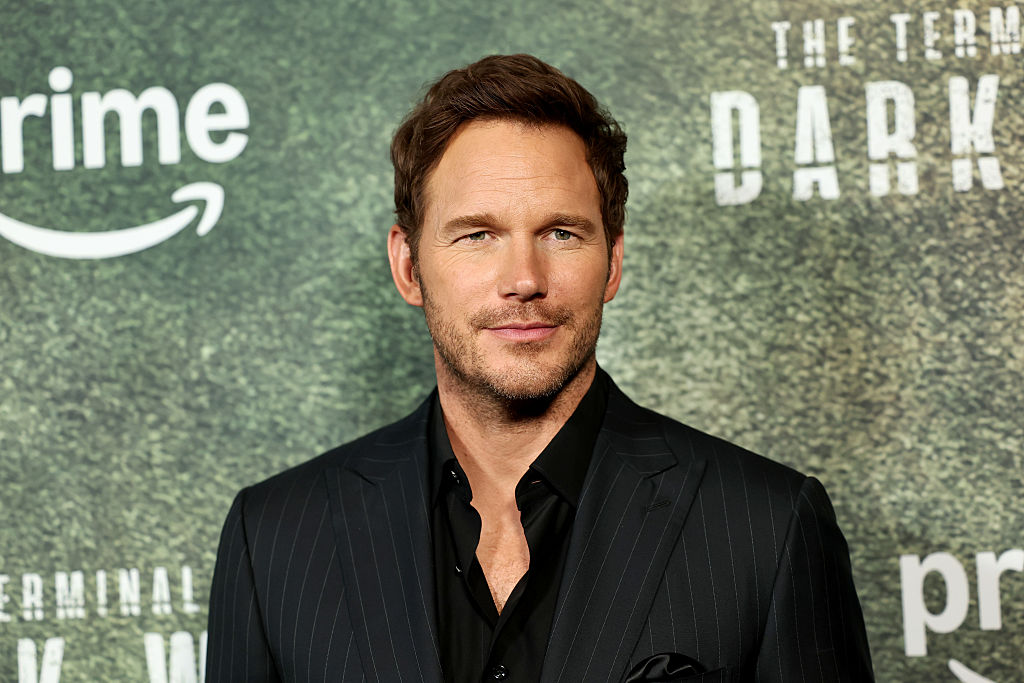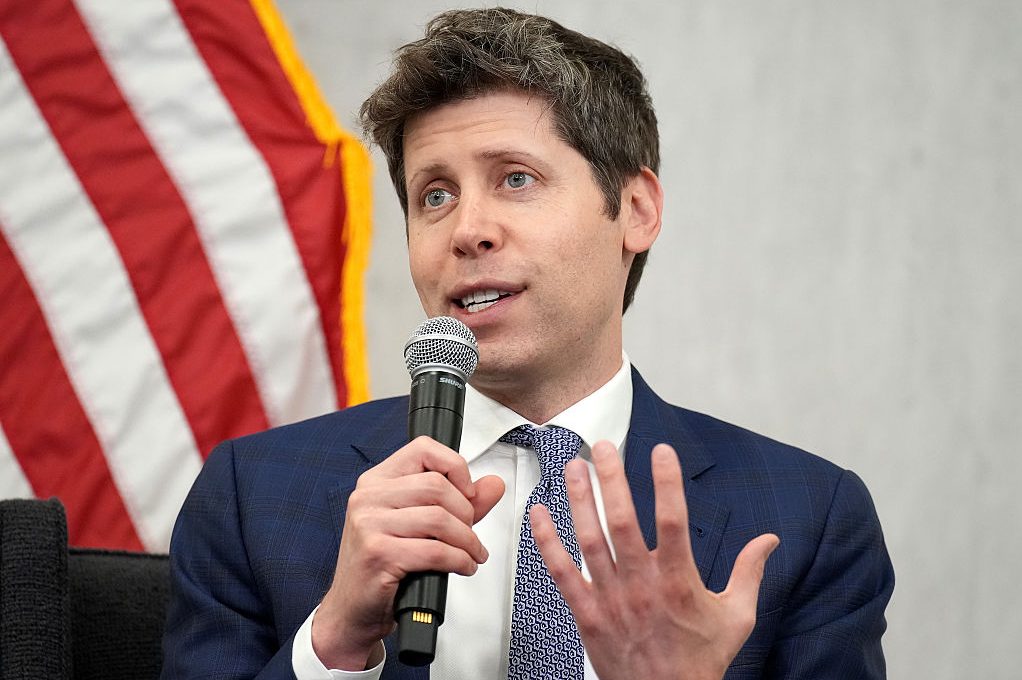How Trump survived the primaries
With just a handful of states left to vote, primary season is almost over. And no results in Florida and New York next week, or Massachusetts and New Hampshire next month, will change the basic story when it comes to the Republican Party: if this primary season was a chance for the GOP to make a decisive break with Donald Trump, it did not take it.
Some had wondered if this round of voting would demonstrate that re-litigating 2020 was a dead end — and might prove the start of a blossoming post-Trump brand of conservatism that moves on from the former president’s hang-ups, mixes the best of Ron DeSantis and Glenn Youngkin and leaves the party light on baggage ahead of an important contest in November. Trump-weary conservatives would find no such relief.
The former president’s endorsement record may not have been faultless, but he nonetheless demonstrated his enduring influence in important races across the country: Blake Masters in Arizona, J.D. Vance in Ohio, Mehmet Oz in Pennsylvania and Adam Laxalt in Nevada. High-profile losses for vocal Trump critics, foremost among them Liz Cheney, add to the case for Trump’s ongoing sway.
There are notable exceptions to this trend. Georgia governor and Trump foe Brian Kemp cruised to victory. Plenty of lawmakers have managed to take a more ambivalent approach to the former president and keep hold of their seats. But I’d argue that these outliers are more than counterbalanced by the slate of nationalist hardliners now lined up in a number of high-profile races. The rise of candidates such as Doug Mastriano in Pennsylvania and Kari Lake in Arizona demonstrate a party that is not about to snap back to some pre-Trump status quo ante.
If the GOP emerges from primary season as Trumpy as ever, it also ahead to the November races with far less optimism than was the case at the start of this round of voting. If the midterms bring disappointment, the debate on the right will be over the extent to which Trump was to blame.
Speaking in his home state yesterday, Mitch McConnell lowered expectations, warning that “I think there’s probably a greater likelihood the House flips than the Senate” and citing “candidate quality” as a reason why the Democrats may cling on to the Upper Chamber. To some, “candidate quality” is synonymous with excessively MAGA. The truth is a little more complicated. In Arizona, for example, Masters has staked his candidacy on a nationalistic new brand of conservatism. In Pennsylvania and Georgia, Oz and Herschel Walker just seem to be bad politicians up against reasonably skilled politicians. And so the dynamics of the debate over the Republicans’ performance in November will depend to a striking degree on who is victorious and who flops.
It will also depend on what happens between now and then. If Trump announces his presidential bid ahead of Election Day, he raises the stakes further — and will need a strong Republican midterm showing.
Candidates, though, aren’t everything. Writing for the site, my colleague Ben Domenech makes the smart point that these new contenders will not necessarily spell as profound a change to the Republican Party as many assume: “It’s easy to say that Donald Trump has remade the GOP. But if he’s only remade it by replacing insiders with outsiders, the same activist and business forces that have determined the policy priorities of the right for decades will still be in place — and these outsider politicians may end up delivering outcomes that have more in common with the pre-neoconservative past than they do with a new form of populist conservative America First priorities.”
The more immediate question about these outsiders is whether or not they can win elections against Democrats. We have learned a lot about Republican primary voters’ preferences in the last few months. In a few months’ time, we will find out how in tune they are with the rest of the country.
*** Sign up to receive the DC Diary in your inbox here ***
Beware a more ‘action-oriented’ CDC
This week CDC director Rochelle Walensky admitted what has been obvious for some time: that the body she leads is not fit for purpose. “For seventy-five years, CDC and public health have been preparing for Covid-19, and in our big moment, our performance did not reliably meet expectations,” she said, announcing an overhaul of the organization that long ago lost the confidence of the American people. But don’t take too much succor from this rare admission of failure from officialdom. For there is scant evidence that Walensky sees the CDC’s failing as one of the overzealous support for harmful and disproportionate responses to the pandemic. Ominously, she wants a more “action-orientated” CDC. While there are many things the CDC failed to do — like providing reliable testing when it was most needed — in most cases the public health bureaucracy’s mistake was too much action. And so, if Walensky does deliver the change she says is needed, will it produce an organization any more skeptical of harmful lockdowns and school closures? Somehow I doubt it.
Spook stupidity
Why aren’t America’s security services better trusted? Is it simply a question of “misinformation” and conservative paranoia? Perhaps spooks could do a little more to engender the confidence of all Americans. And not do things that reveal them to be partisan hacks. Take for instance, the Twitter activity of former CIA director General Michael Hayden. This week, Financial Times columnist Ed Luce tweeted an absurdly overblown claim about the Republican Party, saying that he had “never come across a political force more nihilistic, dangerous and contemptible than today’s Republicans. Nothing close.” A patently ridiculous statement, but, lo and behold, Hayden concurs and, in his infinite wisdom, decided to say so on Twitter: “I agree. And I was the CIA director.”
The same intelligence community that wants your unstinting loyalty and admiration sees the party supported by about half the country as worse than, say, ISIS. That, if nothing else, is grounds for a sprinkling of skepticism when it comes to former or current intelligence officials interfering in domestic politics.
What you should be reading today
Stephen L. Miller: Farewell Brian Stelter… for now
Peter W. Wood: The two Americas — California vs Florida
Martin Vander Weyer: Blaming Saudi Arabia won’t make energy cheaper
Martin Gurri, City Journal: The elite panic of 2022
Elise Labott, Politico magazine: ‘This was the albatross around his neck all year’
Politico: The twenty counties that will decide the midterms
Poll watch
President Biden job approval
Approve: 40.7 percent
Disapprove: 56.0 percent
Net approval: -15.3 (RCP Average)
Arizona Senate race
Mark Kelly (D): 50 percent
Blake Masters (R): 42 percent (Fox News)

























